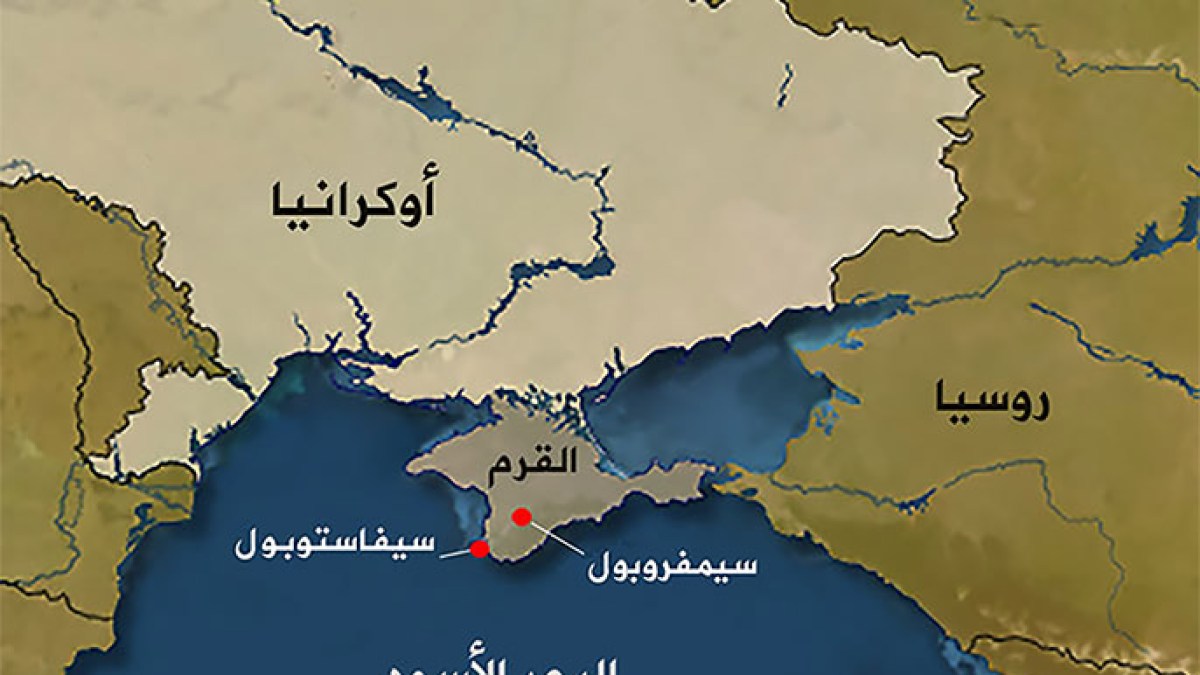On the half-year anniversary of the conflict in Ukraine, the British newspaper “The Guardian”
published an article
by American historian Ted Widmer in which he tried to draw lessons from the Crimean War (1853-1855) between Russia and an alliance that included Britain, France and the Ottoman Empire, before the warring parties reached to a peace agreement.
Widmer, a lecturer at the City University of New York, drew 5 lessons from the Crimean War, which Russia lost:
1. The beginning of wars is different from the end of wars
When war broke out in Crimea in 1853, all predictions about it turned out to be inaccurate, including the widespread belief at the time that the Russian army was invincible, especially when the fighting was close to its motherland.
The war began for trivial reasons after a dispute between Russian and French monks over who had the right to the Church of the Nativity in Bethlehem, which led the Russian Emperor Nicholas I to invade the Ottoman Empire.
2. Poorly trained forces fight poorly
Before the Crimean War, the Russian army was feared in Europe, but soon its weakness was revealed, and it included among its members young conscripts and slaves working in agriculture. Russia lost most of the clashes and ended the conflict after its military reputation was tarnished.
3. The difficulty of waging an unpopular war
The invention of the camera and the telegraph allowed a new generation of witnesses to cover the Crimean War in detail, as they paid attention to the war crimes that had been committed.
Journalists from the battlefronts sent news and stories of the battles to their readers in London, Paris and the United States, including the German correspondent Karl Marx, who was based in London at the time.
4. A mysterious peace will create new problems
The Treaty of Paris ended hostilities in 1856, but left many other concerns unaddressed, including the porous borders of southeastern Europe, and the Crimean War unleashed new upheavals in great-power politics and a series of small wars.
5. Wars have far-reaching consequences
After the death of his father, Emperor Nicholas I, in 1855, his son Alexander II admitted defeat after realizing that Russia's performance was linked to its rigid class structure and heavy dependence on slaves, so he issued a proclamation freeing slaves.

